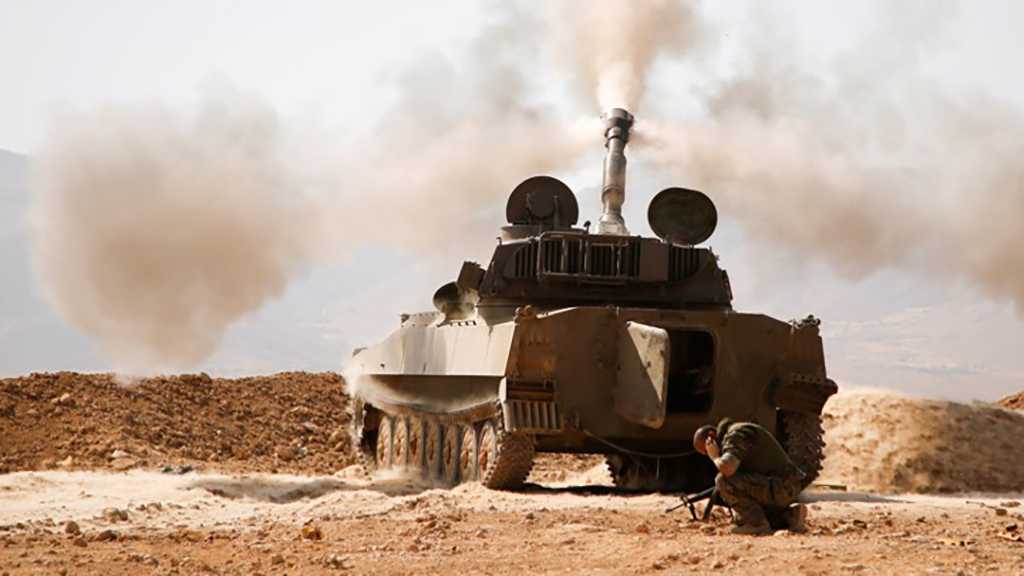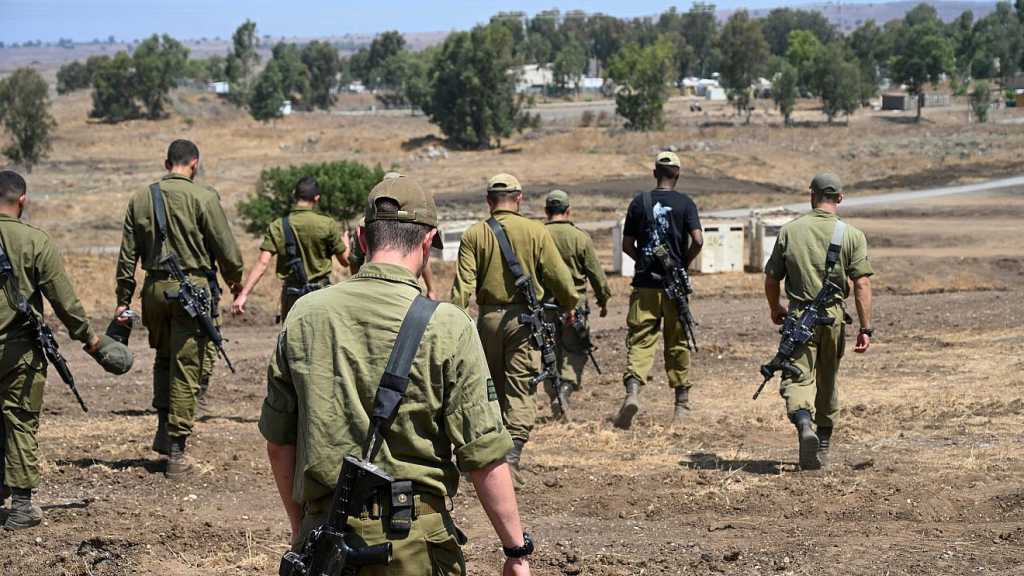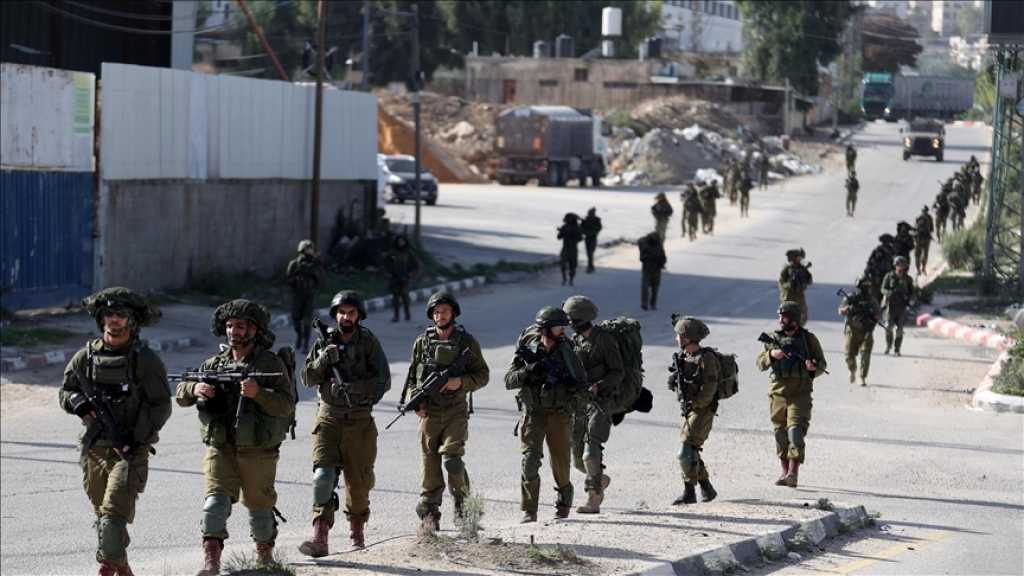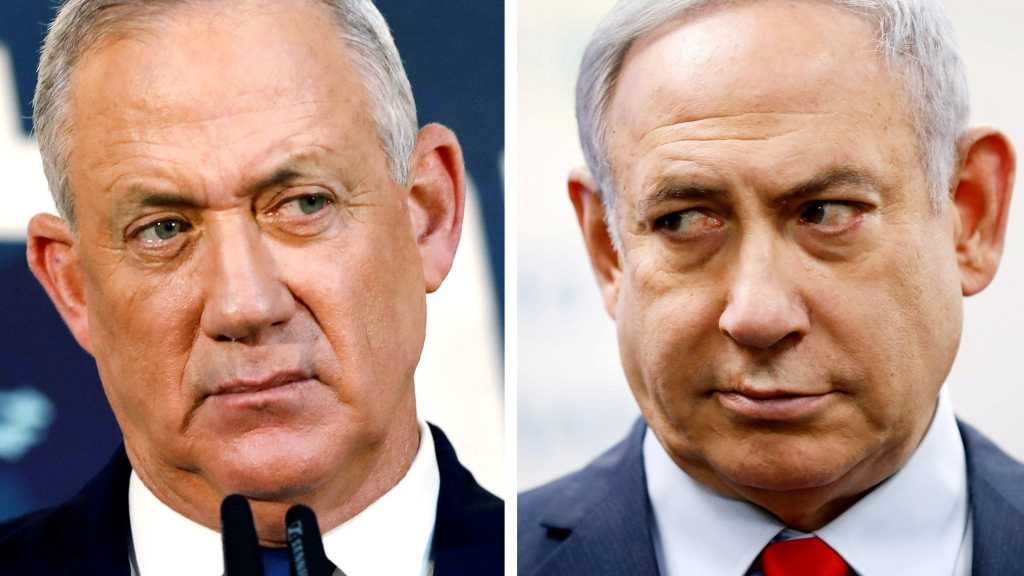
The Atlantic: Why “Israel” Fears Iran’s Presence in Syria?

David Kenner
Analyzing the reasons of the “Israeli” fear from Iran’s presence in Syria, David Kenner wrote for The Atlantic:
“Israel” boasts a close relationship with the Trump administration, a powerful and nuclear-armed military, and an air force capable of striking “enemies” hundreds of miles away. However, he says that it has limited infrastructure: one airport, a handful of major power stations, and an electrical grid that “Israeli” experts have already warned is vulnerable to attack.
Meanwhile, he added that Iran and Hezbollah obtained advanced missiles that are designed to exploit those weaknesses.
For “Israeli” officials, the nightmare scenario is that these weapons may become accurate enough to hit “Israeli” civilian and military infrastructure, paralyzing daily life in the occupation entity. The threat they pose has already drawn “Israel” deeper into the Syrian conflict, and promises to fundamentally alter the next war with Hezbollah—a war that could come sooner than expected.
Meanwhile, the United States, Russia, and “Israel” are reportedly negotiating a diplomatic “solution” to the Syrian conflict. Yet, for “Israel”, the threat from Hezbollah’s long-range missiles will remain.
“Our concern is not Iran by the border. Our concern is Iran in Syria,” Michael Oren, a former “Israeli” ambassador to the United States and current deputy minister, told me. “Pulling Iranian forces away from the border doesn’t help you very much when [they] have a missile that can travel 200 kilometers.” Underscoring that point, on May 10, Iran and its allies fired 32 rockets at “Israel” from the Golan Heights, Kenner added. On the occasion, Hezbollah Secretary General His Eminence Sayyed Hassan Nasrallah said the attacks marked a “new phase” in the conflict with the Zionist entity.
Since Hezbollah’s last war with “Israel” in 2006, it has expanded its rocket and missile stockpile. Its arsenal is also now far more technologically advanced. Although the Zionist missile systems can counter some “threats”, but would likely be overwhelmed by the sheer number of rockets and missiles that Hezbollah can now fire.
“In the event of a war, the “Israeli” population will absorb blows that it has not experienced in decades,” Ofer Zalzberg, the International Crisis Group’s senior analyst for the Zionist entiy and Palestine, told Kenner.
Hezbollah has long possessed rockets capable of striking deep within the occupied territories.
For “Israeli” officials, this new threat is embodied in the Fateh-110, a missile produced by Iran that retrofits long-range rockets with advanced guidance systems, allowing Hezbollah to make good on its threats. In the 2006 war, Hezbollah learned that unguided rockets could spark panic and mass evacuations among civilians, but were far less effective for striking military targets or critical infrastructure. While the Fateh-110 is not yet a precision missile, it is undoubtedly a more accurate weapon.
Such missiles could still bring life in Tel Aviv and occupied al-Quds to a standstill and shut down Ben Gurion airport. Commenting on the issue, Michael Elleman, a senior fellow at the International Institute for Strategic Studies, said that those missiles “will complicate “Israeli” plans significantly.”
In the time being, Iran’s missile capabilities are improving every year. It could develop more advanced technology to regulate its missiles’ thrust, and outfit them with GPS systems. Perhaps more worrisome for the “Israelis”: Elleman said that there is evidence that the Iranians are trying to miniaturize some of their guidance components, which could make some of Hezbollah’s smaller rockets more accurate as well. “It’s the direction in which this is all moving that is probably more worrying than their actual capacity today,” he said.
While Sayyed Nasrallah has said that Hezbollah has transferred at least some Fateh-110s to Lebanon, “Israeli” military officials expressed concern that the group maintains control of some of these missiles in the rugged, mountainous terrain of western Syria, allowing it to potentially strike the occupied territories without igniting an all-out war in Lebanon.
Oren said “Israel” will be forced to target civilian areas where Hezbollah has positioned its rockets, and advocates declaring war on the Lebanese government in a future conflict. But he also worried that “Israel” could be setting itself up for a Pyrrhic victory.
Source: The Atlantic, Edited by website team
Comments

“Israel” Pulls Golani out of Gaza Quagmire
4 months ago
Knesset Member: ‘Israel’ Facing Economic Disaster
4 months ago
